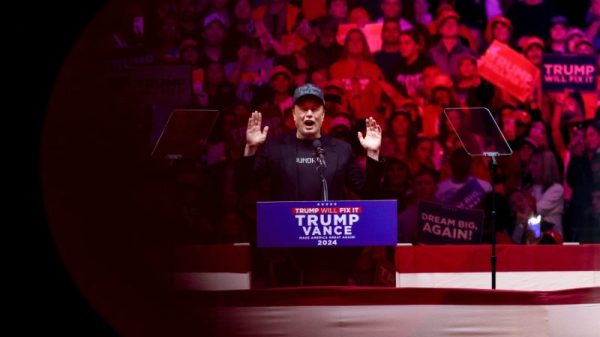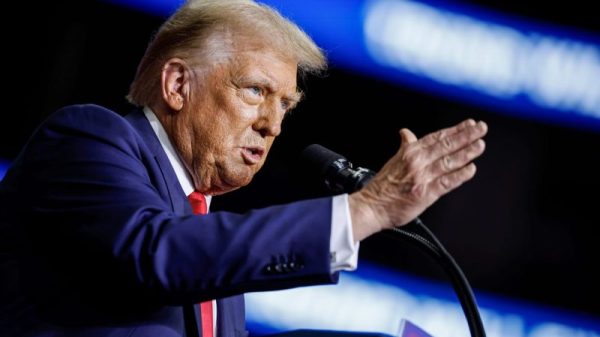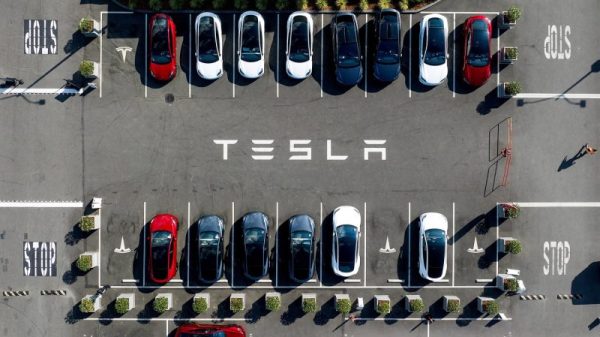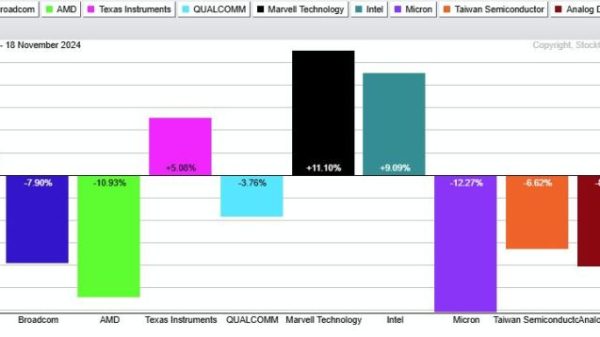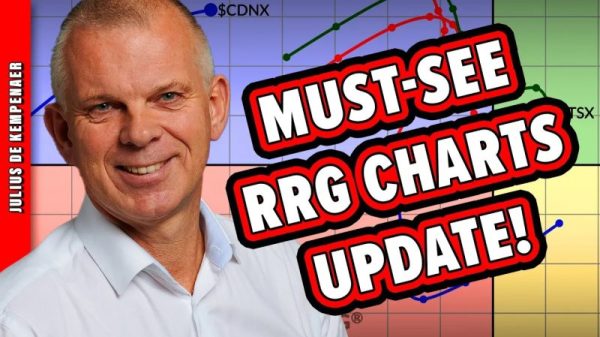Section 1: Impact on U.S. Companies
The consistently shifting landscape of trade agreements and tariffs, particularly during the Trump administration, has left many U.S. companies in a significant state of uncertainty. In light of President Trump’s tariff threats, numerous businesses are scrambling to hire lobbyists and secure loopholes to mitigate potential damages to their operations.
Larger corporations such as Walmart, General Motors and Apple have seen their operations significantly impacted by the imposition of tariffs on Chinese goods, implemented as part of President Trump’s aggressive stance towards China in the trade war. Companies that rely heavily on imported materials for their products have quickly realized that the tariff situation does not only impact their direct operational costs but also the overall state of the American economy, and are hence actively fighting back.
Section 2: Engaging Lobbyists
As U.S. companies scramble to navigate the tumultuous climate, they are resorting to lobbyists in hopes of influencing decisions made in the corridors of power in Washington. Historically, companies have turned to lobbyists to help shape laws and regulations in their favor and it’s no different in this scenario. They are playing a crucial role in helping businesses understand, negotiate and even shape tariff policies.
Lobbyists ensure that these companies have a voice in the heart of the American government, striving to mitigate potential tariff damages via influencing policy changes. There are cases where lobbyists have successfully managed to get certain items removed from tariff lists, demonstrating their importance in this standoff.
Section 3: Exploring Loopholes
Apart from hiring lobbyists, companies are also digging deep to discover ‘loopholes’ that may soften the impact of these tariffs. These could range from exploring alternative sourcing strategies such as shifting component manufacturing to different countries, to reclassifying imported goods as a means to bypass the tariff charges.
Trump’s policies have indeed forced many companies to reassess their supply chains and explore ways to minimize the cost of tariffs. By doing so, they are not only staying afloat during these challenging times but also uncovering potential efficiencies in their operations that they had previously overlooked.
Section 4: Effect on the US Economy
While these lobbying and loophole strategies may assist individual companies to stay competitive and maintain profitability, the overall impact on the U.S. economy remains contentious. Some argue that the short-term pains suffered now can lead to long-term gains as the U.S. potentially secures more favorable trade terms.
However, others believe that the mounting costs will eventually filter down to consumers who will bear the burden of increased prices. They also argue that the pressures applied by such measures are hurting domestic manufacturers, farmers, and small businesses, many of whom are struggling to stay afloat amidst the whirlpool of tariff threats.
Despite the current predicaments, U.S. corporations have shown their resilience and ingenuity in dealing with the tariff threats, employing lobbyists and finding loopholes to alleviate financial strains. However, the overarching concern remains the impact on the broader economy and the consequences for consumers and smaller businesses in the face of escalating Trump’s tariff threats.



